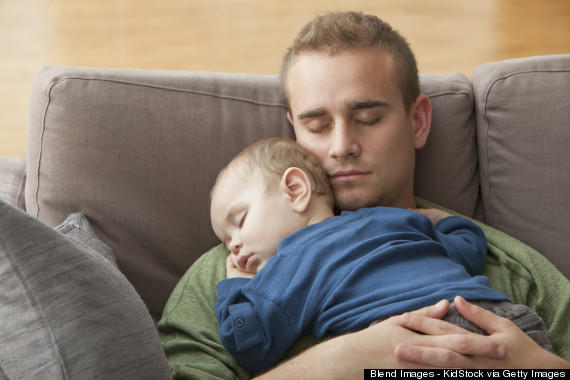
WHY DON’T MEN open up about their problems?
It’s a question that has been given much consideration in recent years. Most of the answers one can find on the subject are variations on a similar theme: men are overly stoic, emotionally stunted victims of their own gross machismo. That they don’t talk because to talk, is to make oneself less of a man. And that if they could only break out of this behaviour, which is often described as ‘toxic masculinity,’ they would be able to get the help that they very often need: around 80% of people who die by suicide are men.

That men are frequently implicated as the primary instigators of their own suffering, due to their alleged unwillingness to engage with traditional mental health services such as one-to-one counseling. ‘One-size-fits-all’ health service doesn’t work. This is despite the fact that The National Men’s Health Policy (2008 – 2013) clearly identified a lack of gender-competence across the entire health service. It also criticized this widespread blaming of men for not availing of ‘one-size-fits-all’ services that do not cater to their needs. Many will say that men aren’t opening up about their problems because they simply don’t have any. After all, aren’t men the truly privileged class in our society, enjoying a monopoly on all of the positions of power and influence? It is true that a small number of men (typically wealthy, upper class men) dominate the upper echelons of political and corporate life.
The notion that this arrangement categorically precludes all men from having issues is laden with contradictions. Men also make up the majority of the homeless and the vast majority of those injured or killed in workplace accidents. Almost all of the so-called ‘3D’ jobs – dirty, difficult and dangerous – are done by men. The recent decline of traditionally masculine industries such as construction, along with the falling behind of boys and young men in education, has resulted in Ireland having a so-called ‘reverse’ pay gap of 17% between childless men and women aged 25 – 44. Men are shamed if they failed to ‘man up.' Because society depended on men to be ‘real men’ in order to function, men and boys from traditionalist generations were shamed if they failed to ‘man up’ and face life’s challenges.
Today, even as religious conservatism dies a slow death, attitudes towards men discussing men’s issues have hardly changed. The only difference is that the ones heaping the scorn on men are now self-styled progressives who will openly scoff at the idea that men can be victims of institutionalized sexism.

Nonetheless, such sexism certainly exists. Take for instance the systematic injustice evident in the treatment of Irish fathers before the law. A 2013 doctoral thesis which studied over 1,000 circuit court cases throughout the country found that divorced fathers often find themselves denied access to their own children even if they have been granted joint custody by the court, with access frustration and total parental alienation actually being enabled by the system rather than curtailed by it.
Fathers’ rights
Unmarried fathers enjoy no automatic guardianship rights to their children, even though they are legally obliged to pay maintenance. Without those rights, thousands of fathers have no say in their child’s education, in their religion, or even if they can or cannot be put up for adoption. The only way to obtain such rights is to obtain the consent of the mother, to satisfy a 12-month cohabitation period with the mother, or to take a case to court. The cohabitation clause in particular was designed to safeguard against rapists and other abusive men from enjoying paternal rights. Put another way, every unmarried father is treated as though he might be a dangerous criminal by an Act that was signed into law just last year. We are living in a time when even the most infinitesimal displays of chauvinism can receive international media coverage, yet blatant sexism and systemic prejudice against men goes totally unchecked.

Underlying all of these men’s issues is a lack of male advocacy groups at a policy level. This is because, unlike the case for women’s advocacy groups, no state funding is available for them.
Men’s issues trivialized. Without a platform to have their concerns heard, men find their issues frequently trivialized or dismissed entirely.
Most Helpful Opinions